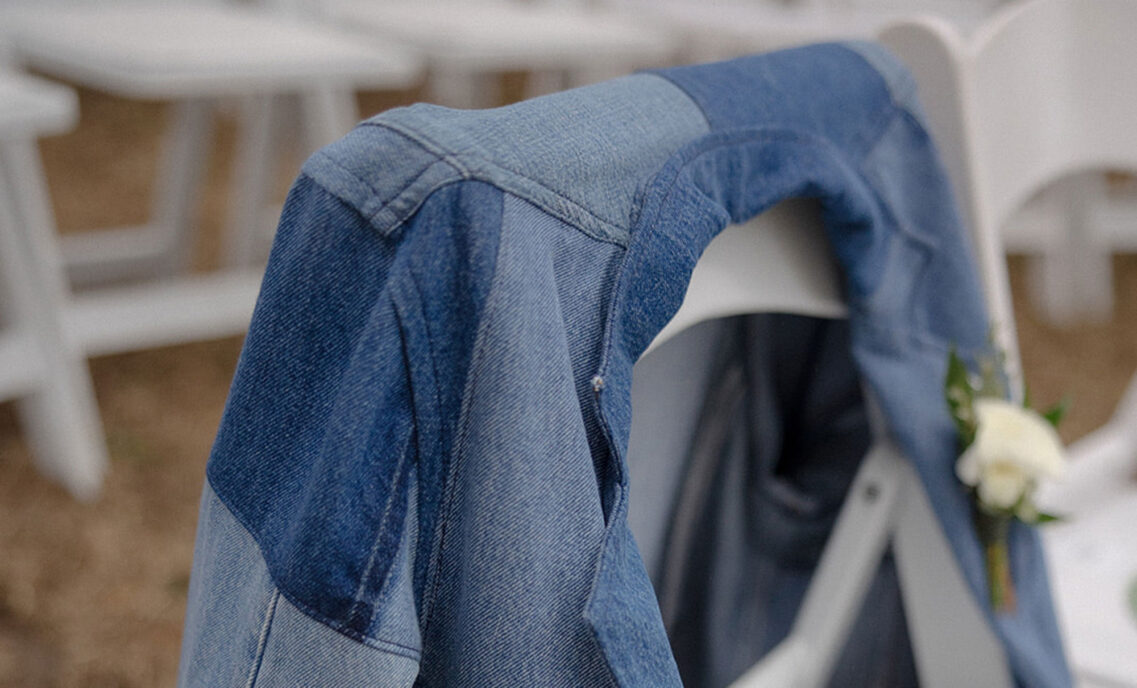Twenty years ago, LS&Co. became one of the first multinational companies to enter post-Apartheid South Africa. Encouraged by the political and economic environment following democratic elections in 1994, we established a factory in Epping, creating employment opportunities for local South Africans – many of whom were unemployed and without industry experience.
Today, the Epping plant makes 35 percent of products sold in South Africa, plus 40 percent of what is sold in other African countries.
All told, we now have 88 Levi’s® stores in Africa, with more planned for 2015, and 10 percent of our global business is in the sub-Saharan Africa region, with plans for expansion. “Our decision 20 years ago to invest in South Africa was an important step in contributing to this important region for the long term,” Chip said. “With African countries making up seven of the top 10 fastest growing economies in the world, we are excited to be exploring the future development on the African continent.”
To mark 20 years in South Africa, last month we held a celebration in Cape Town that coincided with the in-country launch of Live in Levi’s®. The Legacy Street event paid homage to LS&Co.’s heritage by transforming a warehouse into a San Francisco-inspired urban streetscape for the evening, and it reflected the local culture by incorporating iconic stories of South Africans living in Levi’s®.
Because it just wouldn’t be an LS&Co. celebration without an element of giving back, LS&Co. and the Levi Strauss Foundation are granting more than R5 million (US $500,000) to worthy causes in South Africa, including some of the company’s long-standing partners such as the Nelson Mandela Foundation, AIDS Legal Network and Treatment Action Campaign, as well as two new pioneering organizations: Greenpop, a social business supporting sustainable living, and 18twenty8, which empowers disadvantaged women between the ages of 18 and 28.
To date, LS&Co. and LSF have granted more than R50 million (US $5million) to important causes in the country, such as the fight against HIV/AIDS, and donated thousands of hours of employee volunteer time to local communities. And just last month, we hosted the Pioneer Nation festival, designed to help foster entrepreneurship among young South Africans.
“Consumers are very conscious of the role big brands play in their communities,” said South Africa Managing Director Nuholt Huisamen. “Community involvement is an important part of our heritage. We will continue this culture of giving back and remain relevant to our consumers.”







